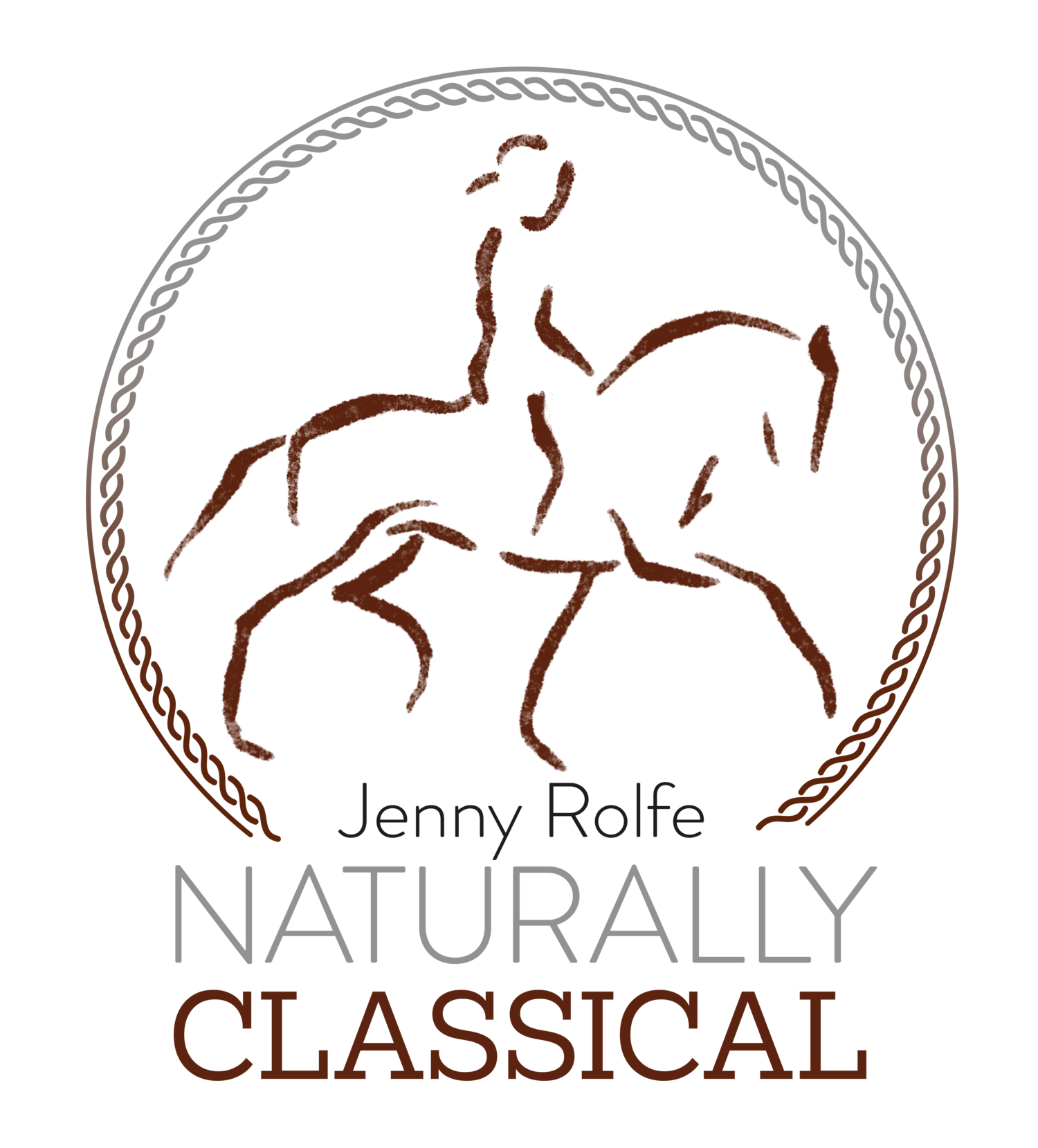Using the breath in downward transitions
I was recently asked this question:
“I have come across a couple of riders, including my current trainer, who use the out-breath in downward transitions. My trainer instructs me to breathe out when I come down into trot/walk but it’s really hard now as I’ve been using the in-breath for downward transitions for a few years now. Can you explain why I should use the in-breath and not the out-breath to slow and steady and in downward transition?”
Here’s my reply:
If it works then stay with it! It does though work in different ways so it is a good idea to understand how and why, we can influence energy with our breathing.
In the downward transition, we need to slow the energy, so I slow my breathing with more emphasis on the deeper inward breath. This resists the forward movement and will steady and rebalance the horse.
The inward breath rebalances and engages both the rider and the horse so when we ask for trot into walk then into halt, we will have a more engaged halt.
This prepares the horse for the deeper exhale of chi energy into forward energy and the horse is ready to spring up and forward into a trot.
This halt is like the ‘static cat ready to pounce - still-energy’
When we halt with a focus on the deeper exhale, the horse will slowly relax down with his energy. Nothing wrong with that as you lose energy and create ease and softness.
I mostly use the deeper exhale to create energy – as I release this energy from my body which transmits to the horse – this is a living vibe from the core to connect and raise energy flow.
We can use the exhale quite differently – to ground. We can ride and offer a deep exhale – a grounding deep sigh which just creates relaxation – for both horse and rider.
So the deeper ‘sighing’ breath can be used in downward transitions but doesn’t gain the engagement and collection – I hope this helps.
If you join my Club Naturally Classical you’ll have access to over 80 videos including loose work, lungeing, work in hand and classical riding.

